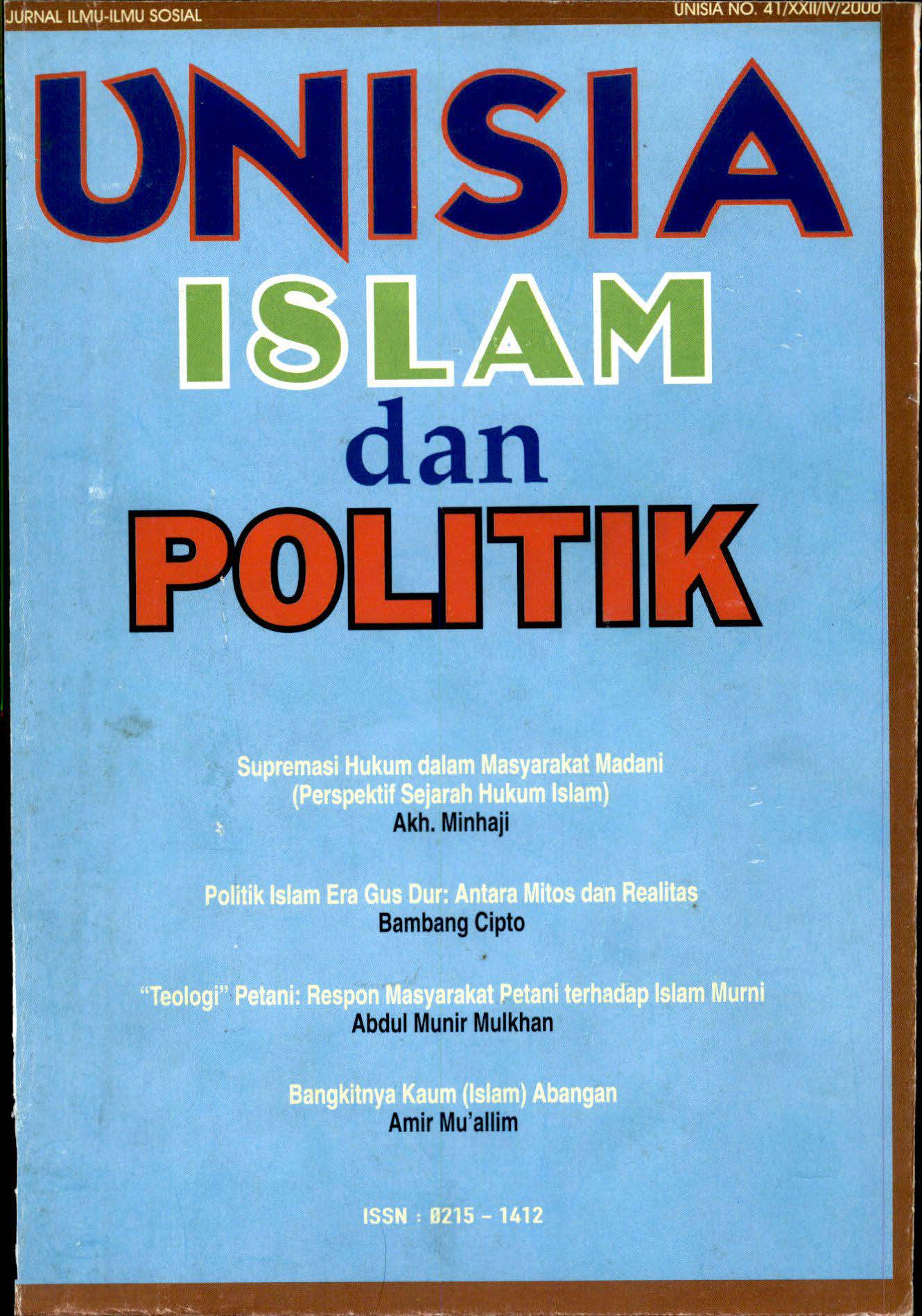Main Article Content
Abstract
The obligation of zakat has special characteristic in Islam. Except as a way to obey and to play the religion rule, zakat also has the economical implication. Except as an individual compulsory, zakat also has the social implication. By legalized Ordinance number 38/1999 about management of zakat, it is hoped that the advantage of zakat can be more optimal. But, that ordinance should be followed by the others agenda, politically or economically, as the implication of the use of that ordinance.
Article Details
License
- Authors retain copyright and grant the journal right of first publication with the work simultaneously licensed under a Creative Commons Attribution License that allows others to share the work with an acknowledgement of the work's authorship and initial publication in this journal.
- Authors are able to enter into separate, additional contractual arrangements for the non-exclusive distribution of the journal's published version of the work (e.g., post it to an institutional repository or publish it in a book), with an acknowledgement of its initial publication in this journal.
- Authors are permitted and encouraged to post their work online (e.g., in institutional repositories or on their website) prior to and during the submission process, as it can lead to productive exchanges, as well as earlier and greater citation of published work.
How to Cite
Hartono, A. (2016). Agenda Lanjutan Pasca Institusionalisasi Zakat. Unisia, (41), 323–337. https://doi.org/10.20885/unisia.v0i41.5727




